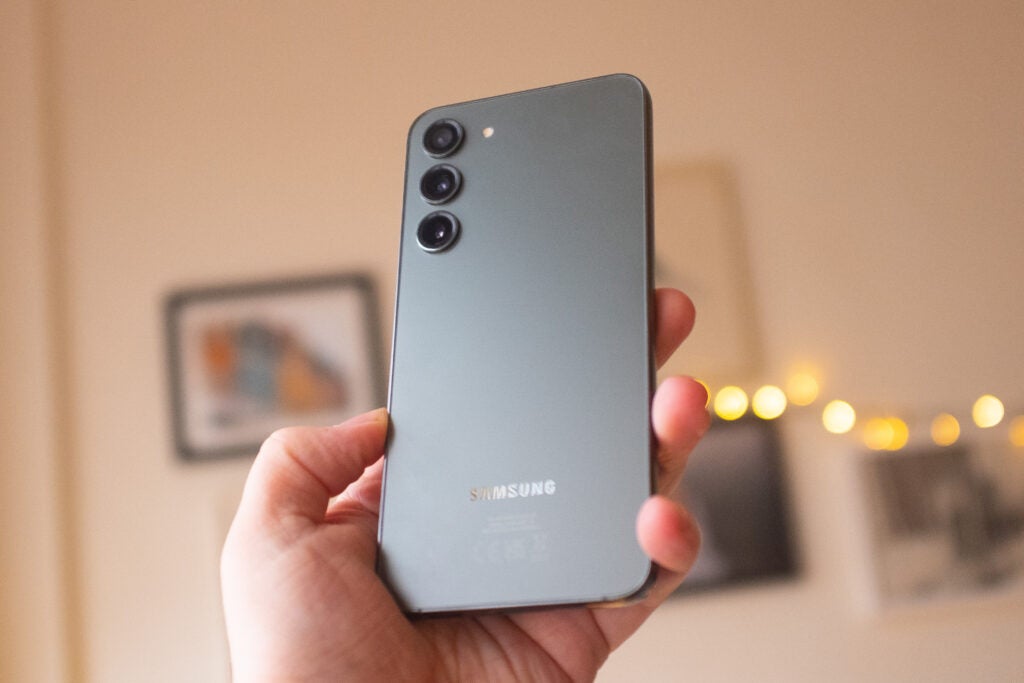OPINION: We’ve officially entered 2024 which means it’s time for us to name our first winner and loser of the New Year.
With CES on the horizon, we expect to hear plenty of exciting tech announcements over the next week, but what about the last seven days? Keep reading to discover our winner and loser from the first week of January.


Winner: Samsung
This week has been packed full of Galaxy S24 rumours as Samsung officially announced a date for its next flagship smartphone launch.
Samsung Australia tweeted a GIF teasing the next Galaxy Unpacked event on December 28. The GIF included the phrase “Galaxy AI is coming” alongside the date January 18 2024 with the event scheduled to kick off bright and early at 5am AEDT (that’s a slightly more reasonable 6pm GMT for those of us here in the UK).
This wasn’t the first we’d heard of Galaxy AI however. Samsung announced Galaxy AI back in November, calling it “universal intelligence on your phone”. One feature the company highlighted was AI Live Translate Call, a tool that will offer audio and text language translations in real-time in the phone’s native phone app.
We’ve also heard whispers of what might be in store for the new S series update. These include rumours of a flatter S24 and S24 Plus with straight edges, 4K/120fps video on the S24 Ultra, in addition to a big focus on AI.
We’ll have to wait until January 18 to hear all the official details.


Loser: Microsoft and OpenAI
Microsoft and OpenAI are our losers this week after it was reported that the two companies are currently facing a lawsuit from the New York Times.
The New York Times is suing the two companies for their “unlawful use of The Times’s work to create artificial intelligence products that compete with it” when developing ChatGPT.
According to the lawsuit, ChatGPT, which was trained on large amounts of online data, was fed articles published by the New York Times without permission from the news outlet, or offers of compensation.
ChatGPT can now generate excerpts from New York Times articles usually stuck behind a paywall in response to questions, while Microsoft’s Bing browser has been spotted producing results from the New York Times without linking to the original article.
This information being readily available on ChatGPT and Bing has reportedly cost the New York Times money in subscription fees and advertising views, causing the news outlet to seek billions of dollars worth of damages.
We’ll have to wait and see how this lawsuit goes but if the New York Times is successful, it could certainly set a new precedent for how large language models are trained going forward.

